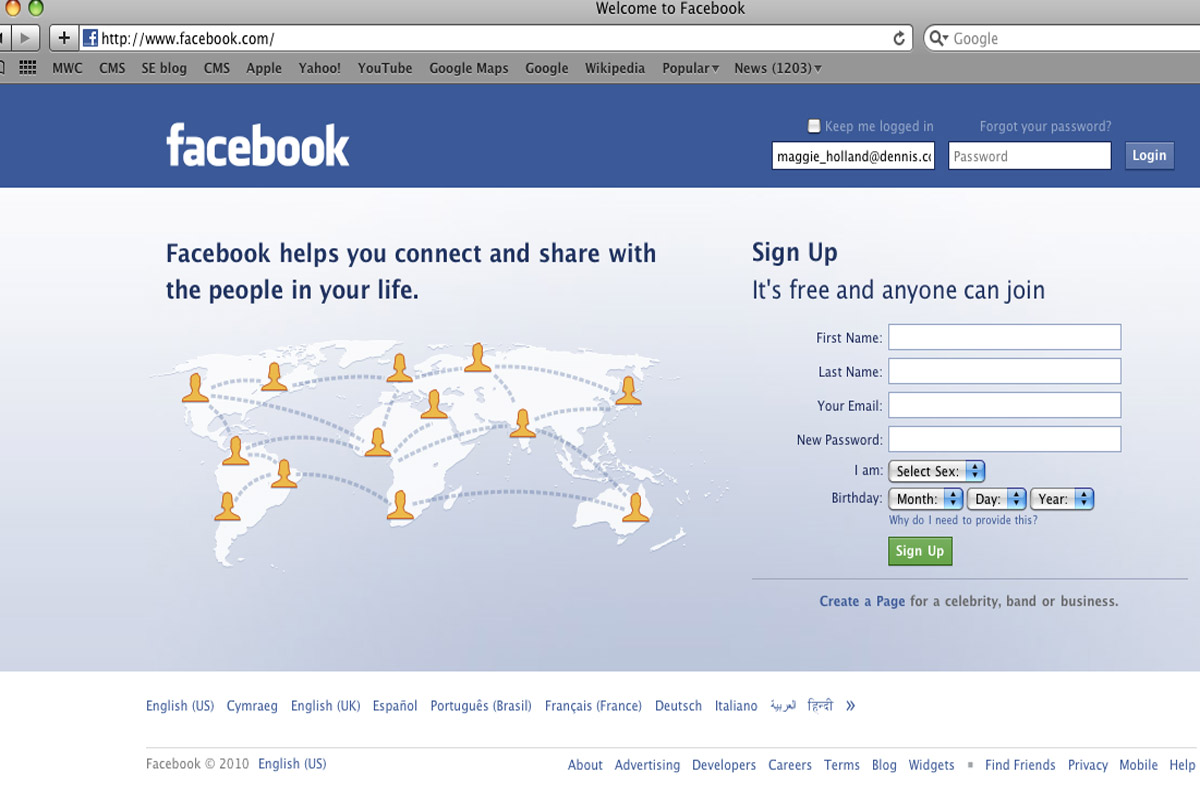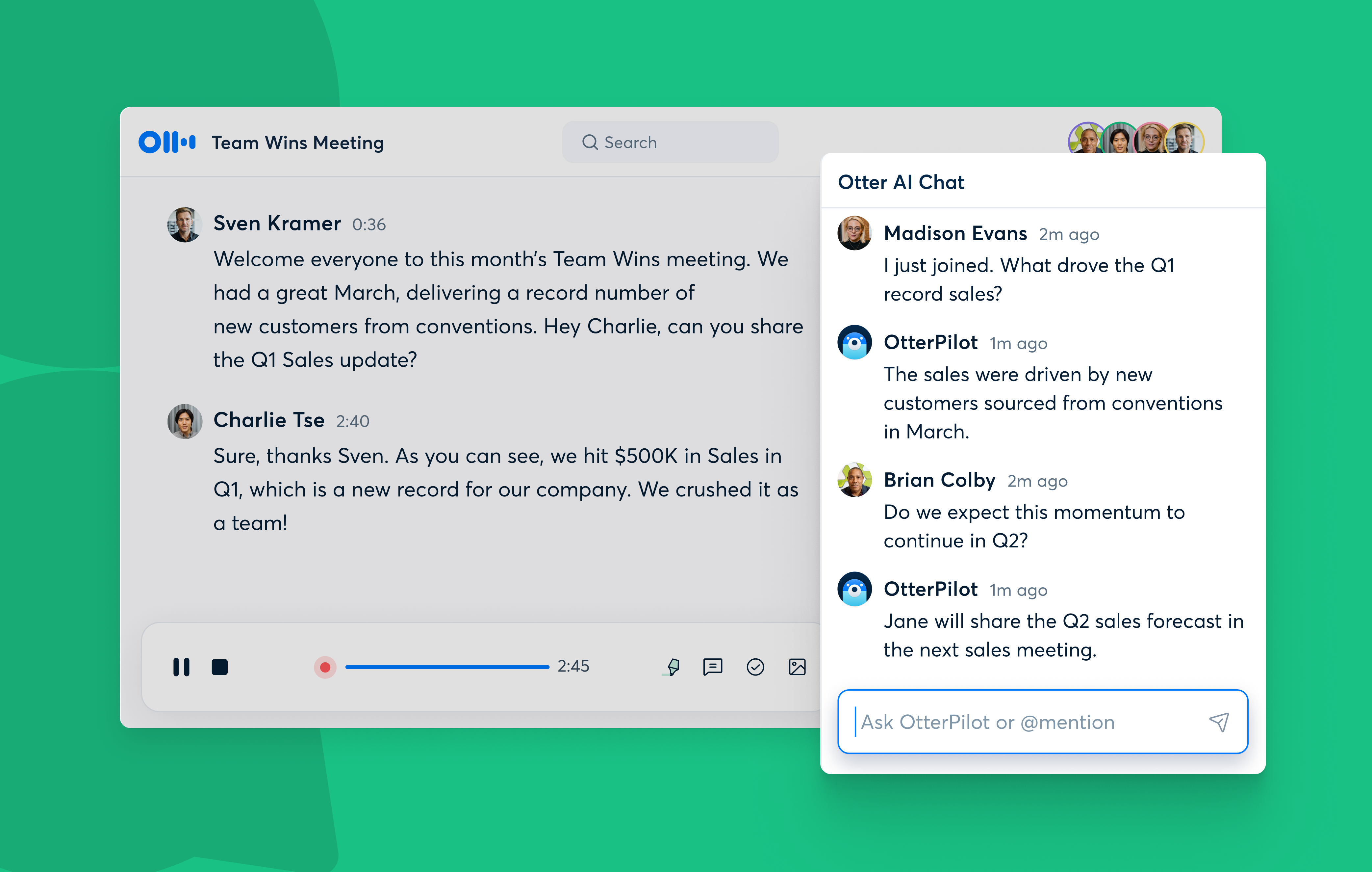Is Facebook the biggest threat to corporate security?
A new Sophos report shows that three out of five believe Facebook poses the greatest risk, yet more companies than ever are allowing their employees unfettered access.

Nearly two-thirds of businesses have pinpointed social networking giant Facebook as the biggest threat to their security, according to a new report from IT security firm Sophos.
The firm quizzed 500 businesses of varying sizes on where they felt the greatest dangers to their security lay, with 60 per cent putting Facebook at the top of the list.
"Facebook is by far the largest social network and you'll find more bad apples in the biggest orchard," Sophos' Graham Cluley wrote on the Sophos blog.
Fellow social networking site MySpace was voted second with 18 per cent, closely followed by Twitter (17 per cent).
With in excess of 350 million users, Facebook represents a potential goldmine of personal information, said Cluley one that hackers are constantly trying to infiltrate.
"Computer users are spending more time on social networks, sharing sensitive and valuable personal information, and hackers have sniffed out where the money is to be made," Cluley said.
"Social networks and their millions of users have to do more to protect themselves from organised cybercrime, or risk falling prey to identity theft schemes, scams, and malware attacks."
Get the ITPro daily newsletter
Sign up today and you will receive a free copy of our Future Focus 2025 report - the leading guidance on AI, cybersecurity and other IT challenges as per 700+ senior executives
Cluley was critical of Facebook's recent settings reshuffle that was seen as indirectly encouraging users to make as much personal information publicly available as possible, calling it "a backwards step".
Facebook recently announced a collaboration with security software maker
McAfee to offer its members a free six-month subscription to McAfee's services and software and discounted rates thereafter.
"If we get people's machines this protection, it is better for them, for Facebook, and the internet as a whole," Facebook's director of communications Barry Schnitt commented at the time.
The Sophos Security Threat 2010 report also detailed a 70 per cent rise in the number of social network users who had received spam with more than half now confirming they had come across spam in their Facebook emails.
On top of that, one in three said they had been sent worms, viruses or other malware also a 70 per cent jump from last year's figures.
However, despite the increased threat, half of the businesses questioned said they gave employees full and unfettered access to Facebook a 13 per cent rise on 12 months earlier.
"The grim irony is that just as companies are loosening their attitude to staff activity on social networks, the threat of malware, spam, phishing and identity theft on Facebook is increasing," said Cluley.
In its own report earlier this month, McAfee said it expected cyber-criminals to increasingly target the likes of Facebook and Twitter this year.
"We're now facing emerging threats from the explosive growth of social networking sites, the exploitation of popular applications and more advanced techniques used by cyber criminals," McAfee senior vice-president Jeff Green said.
-
 Should AI PCs be part of your next hardware refresh?
Should AI PCs be part of your next hardware refresh?AI PCs are fast becoming a business staple and a surefire way to future-proof your business
By Bobby Hellard
-
 Westcon-Comstor and Vectra AI launch brace of new channel initiatives
Westcon-Comstor and Vectra AI launch brace of new channel initiativesNews Westcon-Comstor and Vectra AI have announced the launch of two new channel growth initiatives focused on the managed security service provider (MSSP) space and AWS Marketplace.
By Daniel Todd
-
 How to use LinkedIn to market yourself as an IT professional
How to use LinkedIn to market yourself as an IT professionalwhitepaper Whether you’re updating your LinkedIn profile or creating one for the first time, it’s critical to remain consistent and credible if you hope to raise your profile within the IT industry
By ITPro
-
 Who owns the data used to train AI?
Who owns the data used to train AI?Analysis Elon Musk says he owns it – but Twitter’s terms and conditions suggest otherwise
By James O'Malley
-
 Big Tech AI alliance has ‘almost zero’ chance of achieving goals, expert says
Big Tech AI alliance has ‘almost zero’ chance of achieving goals, expert saysNews Companies like Microsoft, Google, and OpenAI all have competing objectives and approaches to openness, making true private-sector collaboration a serious challenge
By Rory Bathgate
-
 Otter.ai brings collaborative AI to meetings with Otter AI Chat
Otter.ai brings collaborative AI to meetings with Otter AI ChatNews The speech-to-text giant has set its sights on contextual AI
By Rory Bathgate
-
 Slack says automation can save every employee a month of work per year
Slack says automation can save every employee a month of work per yearNews Research from Slack found that workers believe generative AI tools will revolutionize productivity
By Ross Kelly
-
 Generative AI has left the metaverse in the dust
Generative AI has left the metaverse in the dustOpinion Generative AI demonstrating tonnes of business use cases only serves to highlight the hopelessness of the metaverse
By Rory Bathgate
-
 Meta to pay $725 million in Cambridge Analytica lawsuit settlement
Meta to pay $725 million in Cambridge Analytica lawsuit settlementNews The settlement closes the long-running lawsuit into how Facebook's owner, Meta, handled the Cambridge Analytica scandal
By Ross Kelly
-
 Elon Musk confirms Twitter CEO resignation, allegations of investor influence raised
Elon Musk confirms Twitter CEO resignation, allegations of investor influence raisedNews Questions have surfaced over whether Musk hid the true reason why he was being ousted as Twitter CEO behind a poll in which the majority of users voted for his resignation
By Ross Kelly